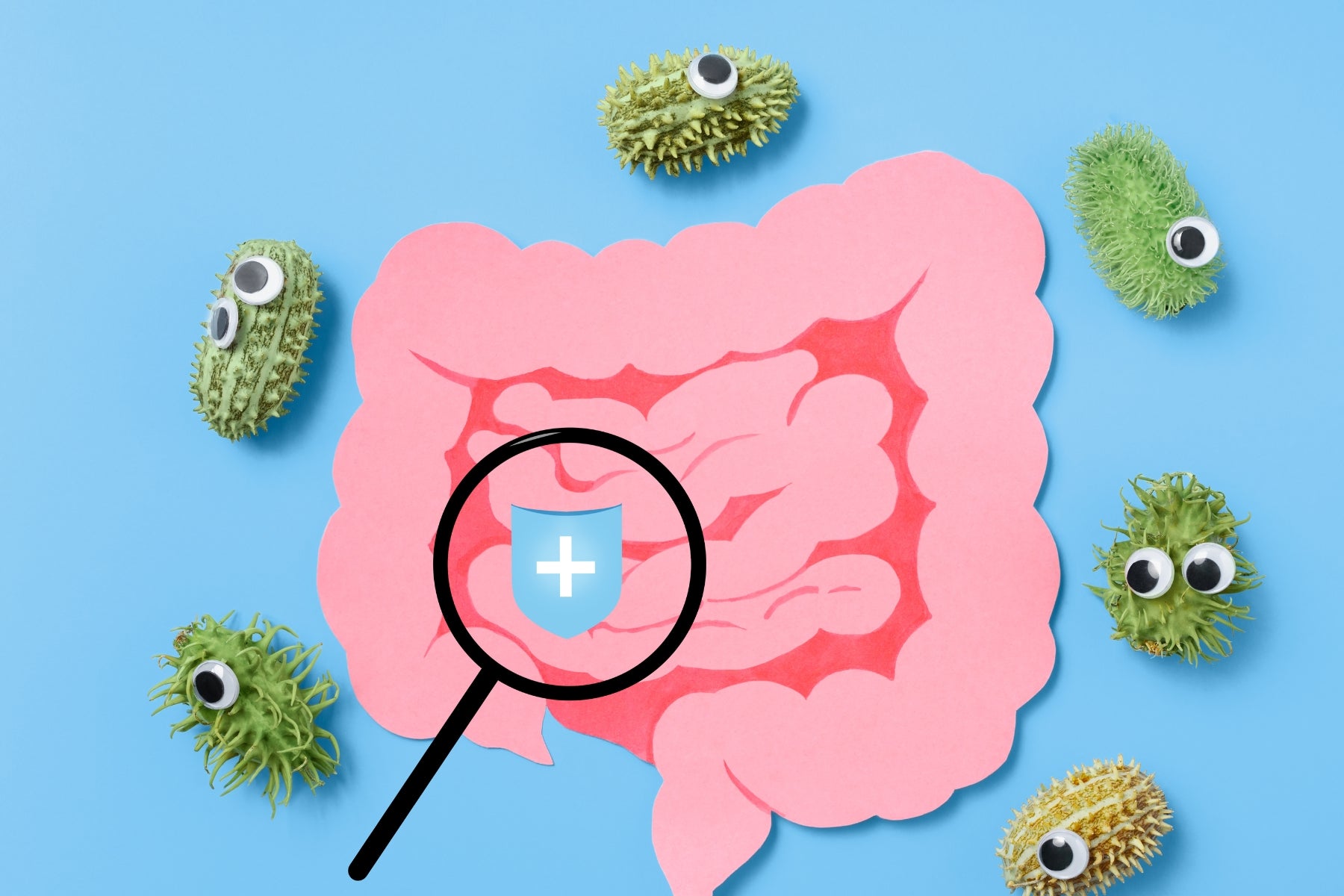What are prebiotics?
Prebiotics are special fiber that are used as a source of food by the "good" bacteria in your intestine. Of course, they occur in many foods and can also be taken as a dietary supplement. Prebiotics are not digestible and therefore unchanged into the large intestine, where they promote the increase and activity of the useful intestinal bacteria.
How do prebiotics differ from probiotics?
Lobiotics are living microorganisms that are contained in food or nutritional supplements and have a positive effect on the intestinal flora. They settle in the intestine and support the existing useful bacteria. Prebiotics, on the other hand, are not living organisms, but serve as food for the "good" intestinal bacteria. They selectively promote growth and activity of these bacteria.
How do prebiotics work in the body?
Prebiotics pass the stomach and small intestine undigested and get into the large intestine. There they serve as a substrate for the useful intestinal bacteria, especially for bifidobacteria and lactobacilli. These bacteria ferment the prebiotics and produce short -chain fatty acids such as butyrating, propionate and acetate. These fatty acids lower the pH in the intestine, which inhibits the growth of harmful bacteria. They also serve the intestinal cells as an energy source and promote blood flow to the intestinal mucosa. Prebiotics thus contribute to a healthy intestinal flora and an intact intestinal barrier.
What advantages offer prebiotics for health?
Prebiotics have numerous positive effects on your health. They support the balance of intestinal flora by promoting the growth of the useful bacteria. A healthy intestinal flora contributes to improved digestion, increased nutrient absorption and strengthening the immune system. Prebiotics can also help to reduce the risk of various diseases such as diarrhea, constipation, irritable bowel syndrome and certain intestinal infections.
What foods are prebiotics contain?
Prebiotics naturally occur in many vegetable foods. Are particularly rich in prebiotics:
- Root and tuber vegetables such as chicorée, Jerusalem artichoke, salsify and dandelion roots
- Onion plants such as garlic, onions, leek and chives
- Legumes such as beans, lentils, peas and chickpeas
- Cereals such as oats, barley, rye and wheat (especially the bran)
- Fruit such as bananas, apples, pears and berries
- Nuts and seeds such as psyllium, chia seeds and flax seeds
In addition to these natural sources, prebiotics are also specifically added to food or offered as a dietary supplement. Frequently used prebiotics are inulin, oligofructose, galacto-oligosaccharides (GOS) and resistant strength.
How can you integrate prebiotics into your diet?
There are many ways to incorporate more prebiotics into your diet. Here are some tips:
- Add more prebiotic areas such as chicory, garlic, onions and artichokes to your meals.
- Use whole grain products from oats, rye or wheat instead of refined grain.
- Enjoy ripe bananas as a snack or in the muesli.
- Experiment with prebiotic recipes such as soups, salads or casseroles.
- Pay attention to prebiotic fiber such as inulin or oligofructose in nutritional supplements or enriched foods.
Are there side effects when taking prebiotics?
Prebiotics are generally considered safe and well tolerated. However, since they stimulate intestinal activity, some people can initially occur symptoms such as flatulence, diarrhea or abdominal cramps. These side effects are usually temporary and disappear as soon as the body has got used to the increased prebiotic supply. In people with certain diseases such as irritable bowel syndrome or inflammatory bowel diseases, however, taking prebiotics should be coordinated with a doctor.
Conclusion
Prebiotics are a valuable addition to a healthy diet and naturally support your intestinal health. By consuming prebiotic food or the targeted intake of prebiotics as a dietary supplement, you can promote the growth and activity of the useful intestinal bacteria. A balanced intestinal flora contributes to improved digestion, increased nutrient absorption and a strong immune system. Integrate prebiotics into your diet and thus support your well -being in the long term.



